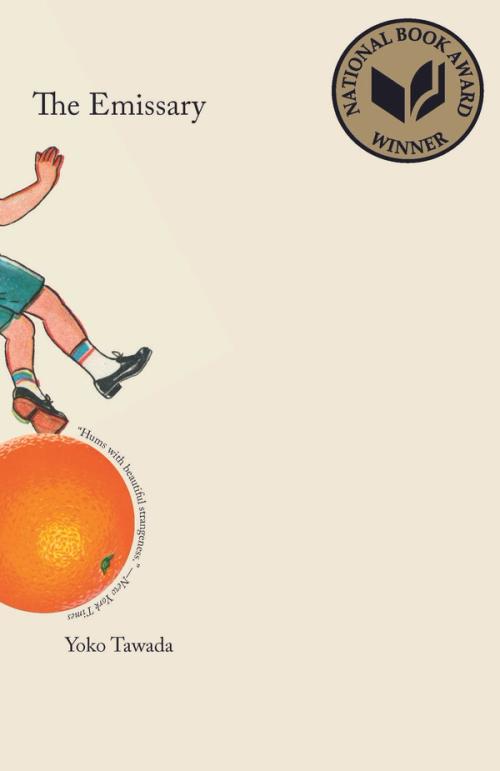Yoko Tawada in conversation with Hari Kunzru
McNally Jackson Seaport
McNally Jackson invites you to a very special evening with Japanese writer, Yoko Tawada. A rare New York appearance, this will be Tawada’s first public event since winning the National Book Award for International Literature in 2018 for The Emissary. Tawada will give a trilingual reading followed by a conversation with the novelist Hari Kunzru.
Event features a trilingual reading in two voices with Yoko Tawada and Bettina Brandt. Followed by a conversation with Hari Kunzru.
Yoko Tawada was born in Tokyo in 1960, moved to Hamburg when she was twenty-two, and then to Berlin in 2006. She writes in both Japanese and German, and has published several books—stories, novels, poems, plays, essays—in both languages. She has received numerous awards for her writing including the National Book Award for International Literature, the Akutagawa Prize, the Adelbert von Chamisso Prize, the Tanizaki Prize, the Kleist Prize, and the Goethe Medal. New Directions publishes her books The Emissary, Memoirs of a Polar Bear, Where Europe Begins (with a Preface by Wim Wenders), Facing the Bridge, The Naked Eye, and The Bridegroom Was a Dog. Her book 3 Streets is forthcoming in 2020.
Born in London, Hari Kunzru is the author of the novels White Tears, The Impressionist, Transmission, My Revolutions and Gods Without Men, as well as a short story collection, Noise and a novella, Memory Palace. He was a 2008 Cullman Fellow at the New York Public Library, a 2014 Guggenheim Fellow, and a 2016 Fellow of the American Academy in Berlin. He lives in New York City.
Bettina Brandt is a Professor of German at PennState College of Liberal Arts. Brandt is currently working on two book-length manuscripts: Cutting Out: Radical Characters on the Move (about the writings of Yoko Tawada, Herta Müller and Emine Sevgi Özdamar and their strategic relationship to various avant-gardes and neo-avant-gardes) and With Love from Vienna: Austrian Holocaust Refugees and the Fate of their Elderly in Nazi Europe.
